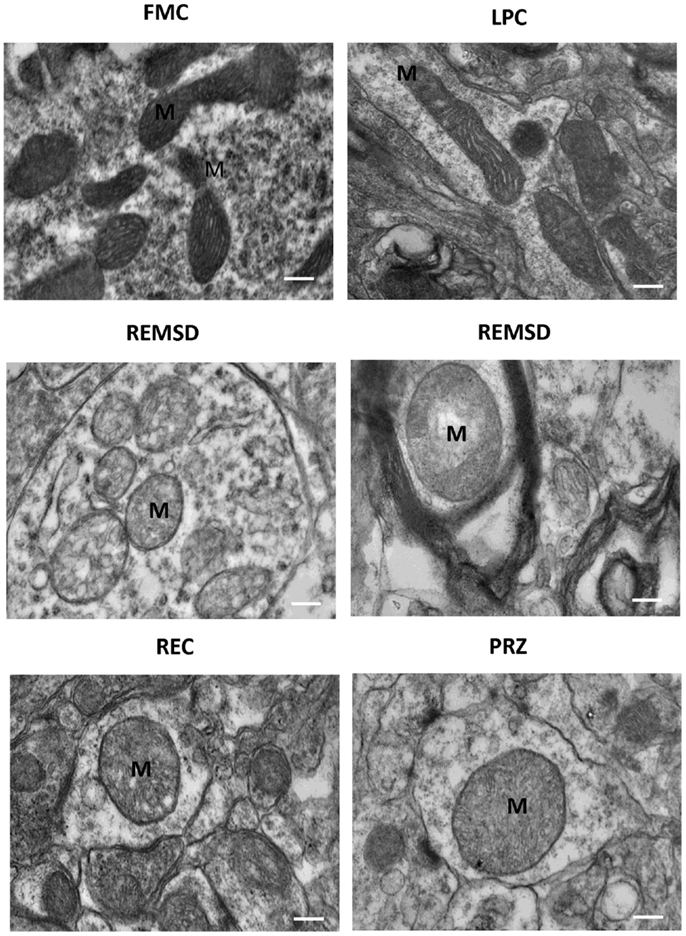Link Between REM Sleep and Alzheimer’s Disease: New Research Insights

Recent research has illuminated a critical connection between REM (Rapid Eye Movement) sleep and Alzheimer's disease, suggesting that delayed entry into REM sleep may serve as an early predictor of the neurodegenerative condition. The findings, published in the journal *Alzheimer’s & Dementia* in July 2025, indicate that the latency to REM sleep can correlate with increased levels of amyloid and tau proteins, which are associated with Alzheimer’s pathology.
Alzheimer’s disease remains a pressing global health issue, with the World Health Organization (WHO) estimating that approximately 7.2 million Americans aged 65 and older will be living with the disease by 2025. This figure represents a significant demographic, with prevalence rates soaring to nearly 13 million by 2050. The Alzheimer’s Association further notes that women constitute nearly two-thirds of the cases, highlighting a gender disparity in Alzheimer's susceptibility.
The study, which evaluated sleep patterns and brain health in a cohort of 128 adults—64 diagnosed with Alzheimer’s, 41 with mild cognitive impairment, and others classified as cognitively healthy—revealed a troubling trend. Those who took longer to reach the first REM cycle exhibited elevated levels of amyloid and tau proteins. Dr. Emily Winter, a neurologist at the Mayo Clinic, emphasizes the significance of REM sleep in memory consolidation and emotional processing, stating, "Our findings suggest that monitoring REM sleep could provide essential insights for early detection of Alzheimer’s and other forms of dementia."
The relationship between REM sleep and Alzheimer’s is not merely theoretical. Studies have shown that individuals who spend less time in REM sleep are at a heightened risk of developing dementia. A longitudinal study published in *JAMA Neurology* in 2020, following older adults over a decade, found that those who eventually developed dementia had only 17% of their sleep time in REM, compared to 20% in those who remained cognitively healthy.
The implications of these findings extend beyond sleep alone. Lifestyle factors, including regular sleep schedules, diet, and exercise, play a pivotal role in brain health. The Centers for Disease Control and Prevention (CDC) advocates for a comprehensive approach to reducing Alzheimer’s risk through sustained physical activity, blood pressure management, and social engagement.
Dr. Sarah Johnson, a sleep expert at Stanford University, suggests practical measures to enhance REM sleep quality: "Establishing a consistent sleep routine, reducing caffeine and alcohol intake, and engaging in regular physical activity can significantly improve sleep patterns and, by extension, cognitive health."
In light of these findings, experts encourage individuals to remain vigilant about their sleep habits. With the alarming increase in Alzheimer’s prevalence, understanding and addressing sleep-related risk factors may provide a pathway for early intervention. As Dr. Winter concludes, "Improving sleep is not just self-care; it’s an essential component of brain care."
As research continues to unfold, it becomes increasingly clear that the intersection of sleep and cognitive health warrants further exploration. Addressing sleep disorders and promoting healthy sleep practices could play a vital role in the broader strategy against Alzheimer’s disease and dementia, offering hope for millions worldwide.
For those concerned about their sleep patterns or cognitive health, consulting with healthcare professionals for potential sleep studies or other interventions may prove beneficial. Knowledge and proactive measures could pave the way for better outcomes in the fight against Alzheimer’s disease and related dementias.
Advertisement
Tags
Advertisement





